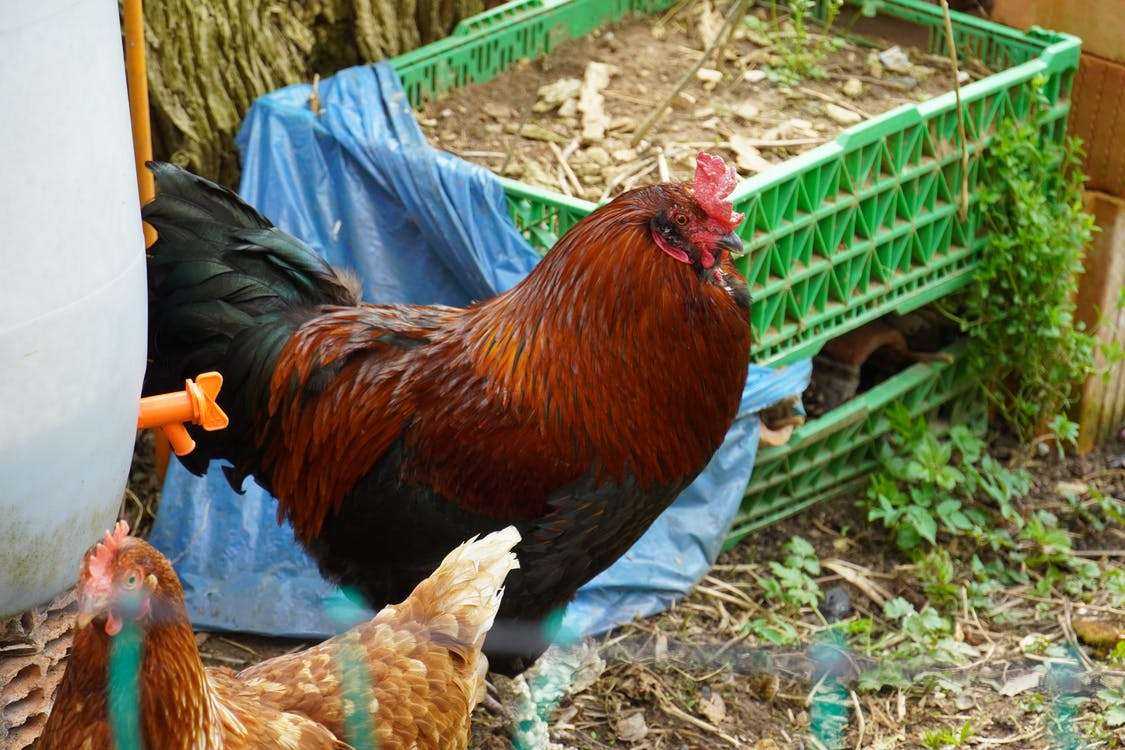on
BY SIMONE J. SMITH
“The highly contagious and deadly Avian Influenza is spreading among poultry birds in Canada, with government authorities tracking cases in 12 farms so far in Ontario, Nova Scotia and Newfoundland and Labrador, as well as additional possible cases in Alberta and Quebec. “In Canada, avian influenza is a very serious issue.” Will Mary Ng, Canada’s Federal Minister of International Trade, Export Promotion
Just when we thought that things had calmed down, here we go again.
I want you to know that if you notice that the price of an omelette at your favourite breakfast spot has gone up a few dollars, it is because of a flu that is going around.
First detected in Indiana on February 8th, 2022, the highly pathogenic Avian Influenza (HPAI) has spread wildly in chicken and turkey flocks across 24 U.S. States. Better known as the bird flu, Avian Influenza is a family of highly contagious viruses that are not harmful to wild birds that transmit it, but are deadly to the domesticated birds that we rely on.
Due to this outbreak, egg prices have gone up by 52%. So an omelette is now going to cost you on average $2.88 for the eggs alone. That’s not including the cheese, onions, tomatoes, leeks, ham, hot dogs, chives, beans, salsa, pesto, avocado, love, or whatever else you may put in your omelettes.
This threat has moved closer to home, which is why we need to be concerned. Avian Influenza has been detected in Saskatchewan poultry farms and wild birds in the past couple of weeks.
In late April, the Government of Saskatchewan announced the highly contagious disease was confirmed in two poultry flocks days after the province introduced an animal health control area to protect chickens from catching the virus. So far, about 260,000 birds have been euthanized or killed by the virus in Canada. Approximately 166,000 of those were in Alberta and 84,000 were in Ontario.
According to the Canadian Food Inspection Agency poultry and egg producers in Canada have lost more than 1.7 million birds to Avian Influenza since late 2021. This tally includes both birds that have died of the virus and birds that have been euthanized.
Are we going to see a hike in chicken and egg prices like Americans have?
Well, the Canadian supply chain as a whole for eggs and poultry is supposedly holding up well. Part of the reason for that is unlike in the U.S., Canadian chicken barns tend to be smaller, family run operations. America has massive industrial scale barns meaning that an outbreak at one property can take out a large group of birds.
Other than an increase in egg and chicken prices, should humans be concerned about catching the Avian Flu?
According to the CDC, the risk to public health from this outbreak is low. Although Avian (bird) Influenza (flu) viruses usually do not infect people, there have been some rare cases of human infection with these viruses.
Infected birds shed bird flu virus through their saliva, mucous and feces. Human infections with bird flu viruses can happen when the virus gets into a person’s eyes, nose or mouth, or is inhaled.
This can happen when a virus is in the air (in droplets or possibly dust) and a person breathes it in, or possibly when a person touches something that has virus on it then touches their mouth, eyes or nose. Human infections with bird flu viruses have occurred most often after unprotected contact with infected birds or surfaces contaminated with bird flu viruses.
Some are saying that this “Bird Flu Pandemic” scare has been employed to create fear in the public before. Some see it as an excuse to attack small-scale poultry farmers who raise their chickens and turkeys outdoors on pasture, rather than in confined huge warehouses that the commercial industry operates.
Others are saying that this is part of the Great Reset agenda, the globalist plan to use economic and social decline as an opportunity to establish a new one-world system.
I guess only time will tell.
Stay in the loop with exclusive news, stories, and insights—delivered straight to your inbox. No fluff, just real content that matters. Sign up today!
We, as humans are guaranteed certain things in life: stressors, taxes, bills and death are the first thoughts that pop to mind. It is not uncommon that many people find a hard time dealing with these daily life stressors, and at times will find themselves losing control over their lives. Simone Jennifer Smith’s great passion is using the gifts that have been given to her, to help educate her clients on how to live meaningful lives. The Hear to Help Team consists of powerfully motivated individuals, who like Simone, see that there is a need in this world; a need for real connection. As the founder and Director of Hear 2 Help, Simone leads a team that goes out into the community day to day, servicing families with their educational, legal and mental health needs.Her dedication shows in her Toronto Caribbean newspaper articles, and in her role as a host on the TCN TV Network.













